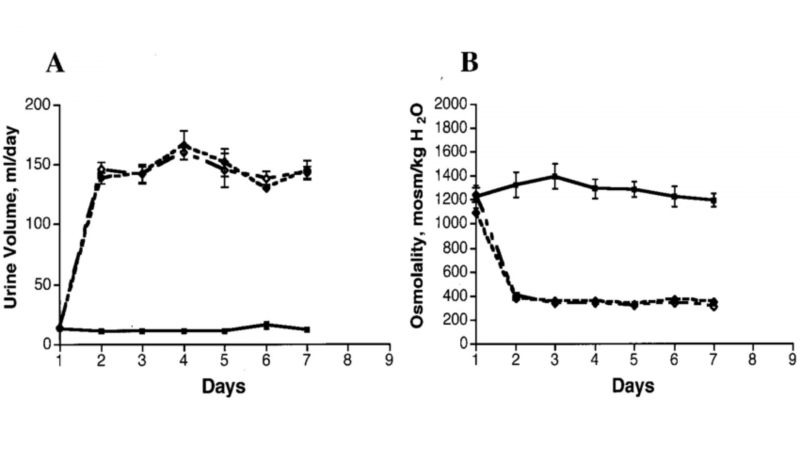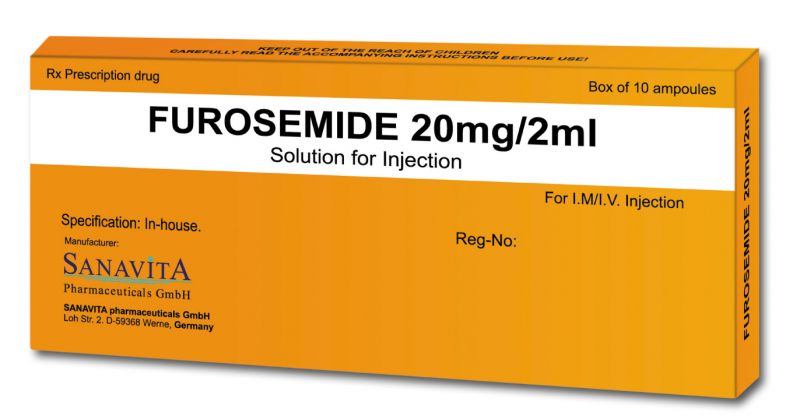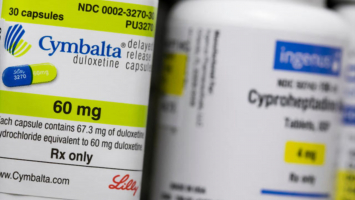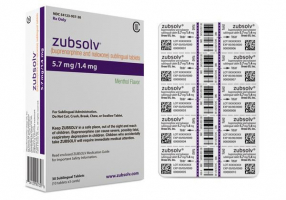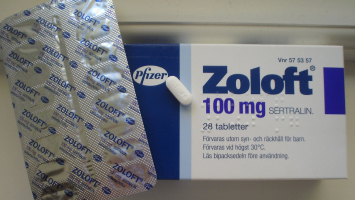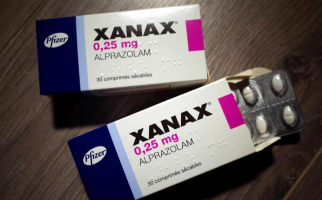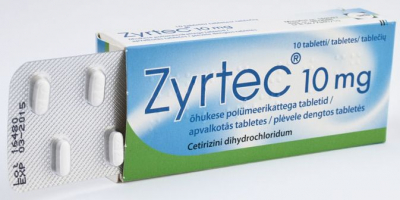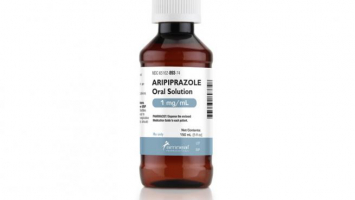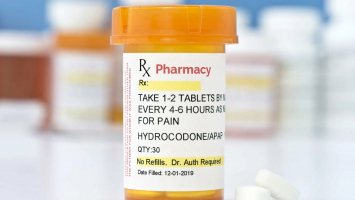Top 7 Things to Know About Furosemide
There are several methods to help patients eliminate excess water and salt in the body, reducing edema complications; in which many doctors directed the ... read more...treatment to use Furosemide. To get the most benefit, patients and their families need to understand what Furosemide does, and what to watch out for. The following article will provide you with the necessary information about Furosemide.
-
By preventing the reabsorption of sodium and chloride in the kidney's cells, furosemide significantly increases urination. For the treatment of excessive fluid retention.
The group of medications known as loop diuretics includes furosemide. It works well as a loop diuretic.

AnimalResearch.info Medical Videos [ ANIMATED ] -
Used to remove excess fluid from the body caused by heart failure, kidney failure, cirrhosis of the liver, and other conditions.
It may be used in conjunction with other medications to treat high blood pressure.
Injectable form is available.
Furosemide generic is available.

MintRx Pharmacy 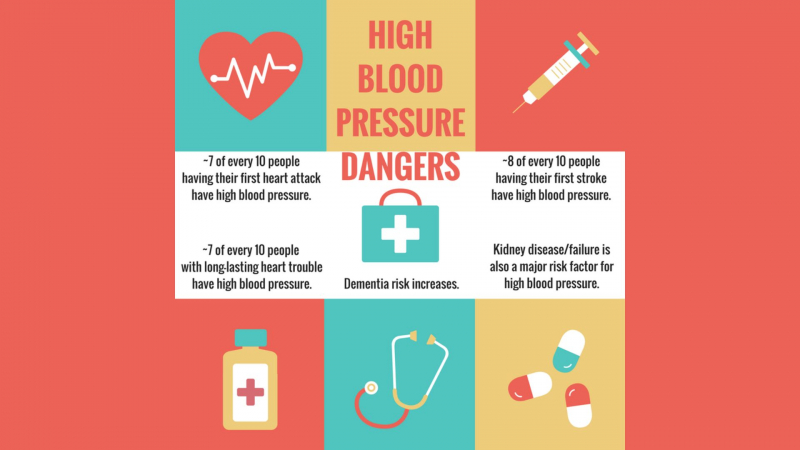
SIU Medicine -
If you are between the ages of 18 and 60, do not take any other medications, and have no other medical conditions, you are more likely to experience the following side effects:
- Standing dizziness, gastrointestinal disturbances, changes in blood counts, and changes in cholesterol levels or liver function are all possible.
- Furosemide has a powerful effect. Use can result in electrolyte depletion, which can cause side effects like muscle cramps and irregular heartbeats; the risk is higher in people who have a low salt intake or are taking certain medications.
- Tinnitus as well as reversible or irreversible hearing loss have been reported. Higher doses, injectable furosemide, severe renal impairment, low protein levels, and concomitant therapy with other drugs that are also toxic to the ears increase the risk.
- Blood glucose levels may rise and laboratory test results may be affected.
- Furosemide's initial diuretic effect may not be as effective in older people.
- Some people may not be able to use it, including those with cirrhosis of the liver or ascites, kidney disease, who are already electrolyte depleted, or who are dehydrated.
- Other medications that lower blood pressure or potassium levels, such as lithium, corticosteroids, digoxin, phenytoin, and methotrexate, may interact with it.
Note: People over the age of 65, children, people with certain medical conditions (such as liver or kidney disease, heart disease, diabetes, seizures), or people who take other medications are more likely to experience a broader range of side effects.

Bens Natural Health Rehealthify -
Dosages may need to be adjusted based on the individual; higher doses require additional monitoring by a doctor. Some people may only require furosemide two to four times per week.
When taking furosemide, you may be more sensitive to sunlight; use an SPF 30-50+ sunblock when going outside.
If you experience diarrhea or vomiting while taking furosemide, contact your doctor.
When rising from a lying or sitting position to a standing position, take your time.
Your electrolyte levels will need to be checked on a regular basis, as will your diabetes testing.
To counteract the effects of low potassium caused by furosemide, potassium supplements or extra dietary potassium may be required.
If you have diabetes, you should be aware that furosemide can cause an increase in blood glucose levels.
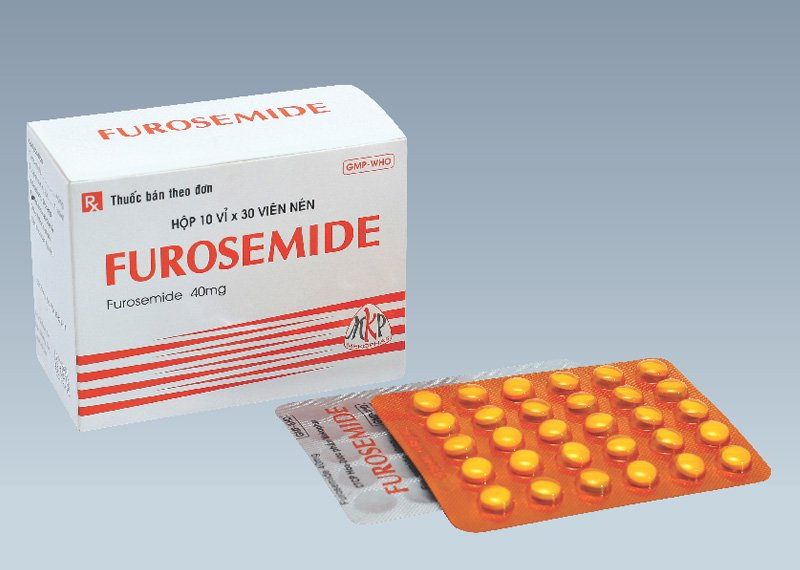
Vinmec 
Easy Recipe Depot -
Within an hour, diuresis (increased urination) starts to occur. Furosemide's effects peak within one to two hours and continue for six to eight hours.
It has great potency, furosemide. A great deal can cause intense urination, water loss, and electrolyte imbalance. Dehydration could get very bad.

ResearchGate 
ACS Publications -
When taken with furosemide, drugs that interact with it either lessen its effect, shorten its duration of action, exacerbate side effects, or have no effect at all. Even though it is not always necessary to stop taking one of the drugs, sometimes there is an interaction between two drugs. Consult your doctor to learn how to handle drug interactions.
Typical drugs with which furosemide may interact are:
- aspirin
- allopurinol
- antibiotics, such as cephalexin, gentamicin, neomycin, or tobramycin
- anticonvulsants, such as phenytoin or fosphenytoin
- cisplatin
- cyclosporine
- duloxetine
- lithium
- methotrexate
- methylphenidate
- NSAIDs, such as diclofenac, ibuprofen, or indomethacin
- sucralfate
- other medications that lower potassium.
Note that only commonly used drugs that may interact with furosemide are included in this list, which is not exhaustive. For a comprehensive list of interactions, consult the furosemide prescribing information.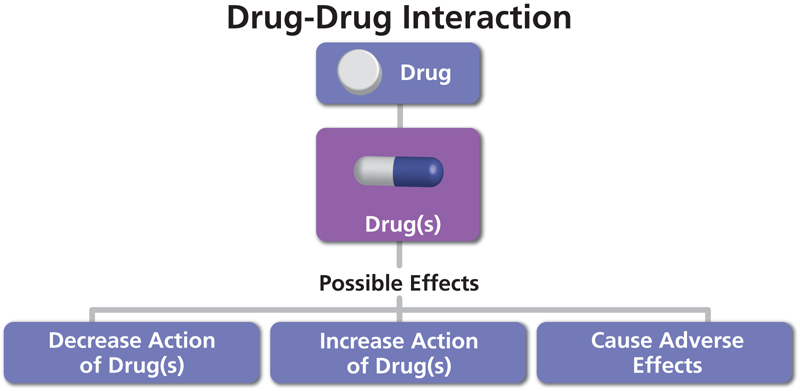
Clinical Info HIV.gov 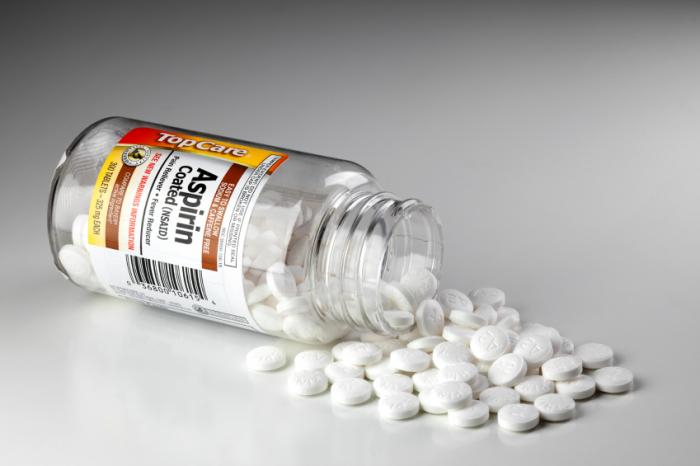
Medical News Today








